Welcome to independent living
Introducing a wide range of practical products, advice and support to help you live life to the fullest.
Whoever you are and whatever your lifestyle, our huge range of advice, guidance and products have been designed to help make day-to-day living as easy as possible, so you can live life to the fullest.
Are you shopping for . . .
Mobility
Make moving around easier
We’ve a wide range of mobility aids, from rails and crutches to scooters and wheelchairs. Check out our articles for buying advice and tips on how to make travelling more comfortable.
Wheelchair buying guide
Find the design that offers you the comfort and support you need to get around.
Mobility scooter buying guide
Explore all the different models and features that'll help you get from A to B comfortably and easily.
Travel advice
Planning ahead is key for getting the best out of public transport.
Independent living at home
Be more comfortable at home
Discover a range of helpful home aids that can make relaxing and getting around the home more comfortable. We’ve also some great advice on choosing the right products and saving money.
Staying safe from scammers
Learn all the warning signs of a con, so you can protect yourself and your money.
Choosing a pet
Find the benefits and considerations of choosing a cuddly companion as you get older.
Help in the garden
Handy tools and gadgets to help you while gardening.
Energy saving tips
Energy bills may go up, but these tips will always help you to bring the cost down.
Health & wellbeing
Staying fit and healthy is essential for supporting any condition
We’ve put together a range of products and advice to help you stay healthy no matter what your age or level of mobility.

Health monitoring
From blood pressure monitors to smart scales, regular checks can help you to notice any warning signs and help keep you healthy.
Health advice as you get older
Certain health conditions can affect you as you age, but there are things you can do to reduce symptoms.
Supports
Our range of supports are specially designed to offer comfort and relief to your joints.
Smart technology
From voice controlled smart hubs to plugs, lighting and home security you can manage from your home, our huge range of smart tech can make life that little bit easier.
Guides & advice

Wellbeing contact centre
Get in touch with our experienced and dedicated team of experts for advice on assisted living products.
Claim back the VAT
If you’re buying specific mobility products and living aids to support a disability or long-term illness, you may be eligible for a VAT refund.

&poi={$this.metadata.pointOfInterest.x},{$this.metadata.pointOfInterest.y},{$this.metadata.pointOfInterest.w},{$this.metadata.pointOfInterest.h}&scaleFit={($this.metadata.pointOfInterest.x>0)?$sfpoi:$sfcenter}&sm=aspect&aspect=3:2&sfcenter=center&sfpoi=poi&qlt=50&fmt=auto&noiser=0&fmt.jpeg.interlaced=true&fmt.jp2.qlt=40&)

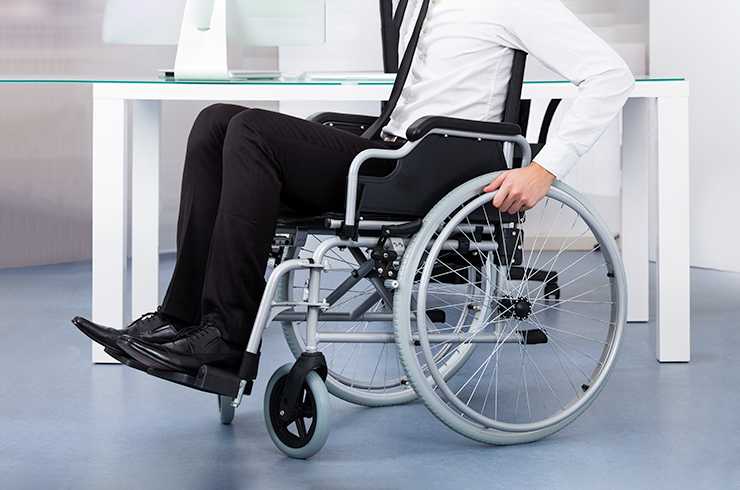
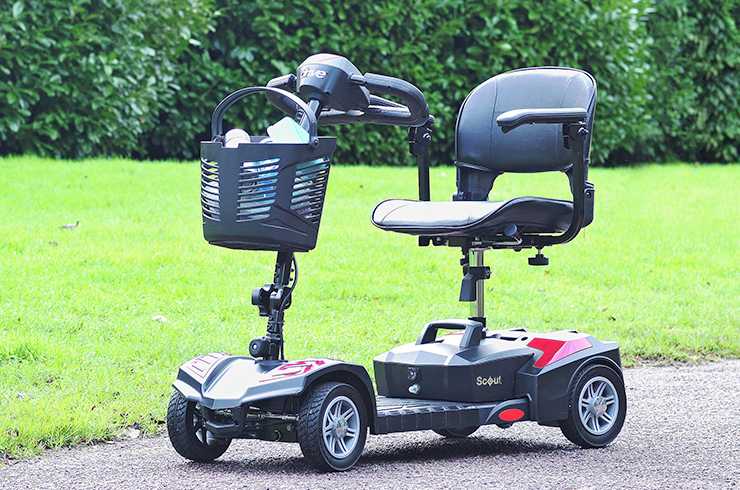

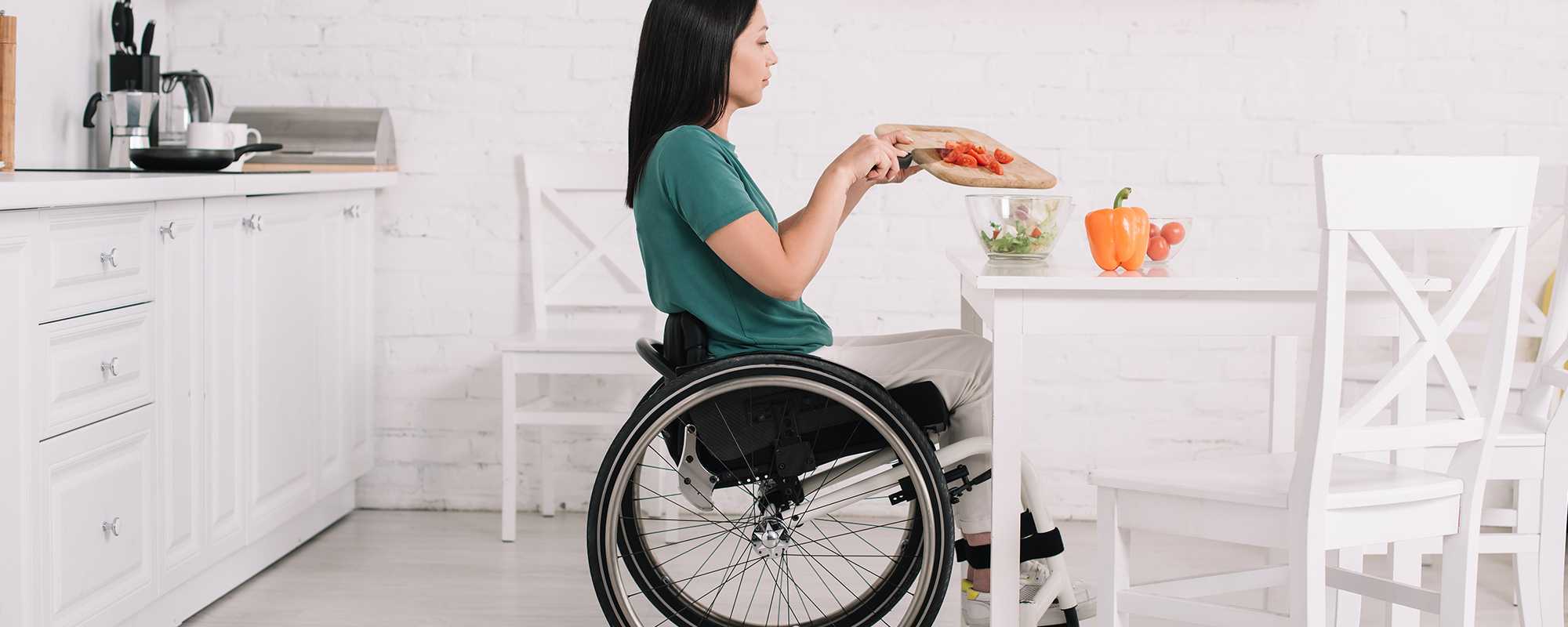
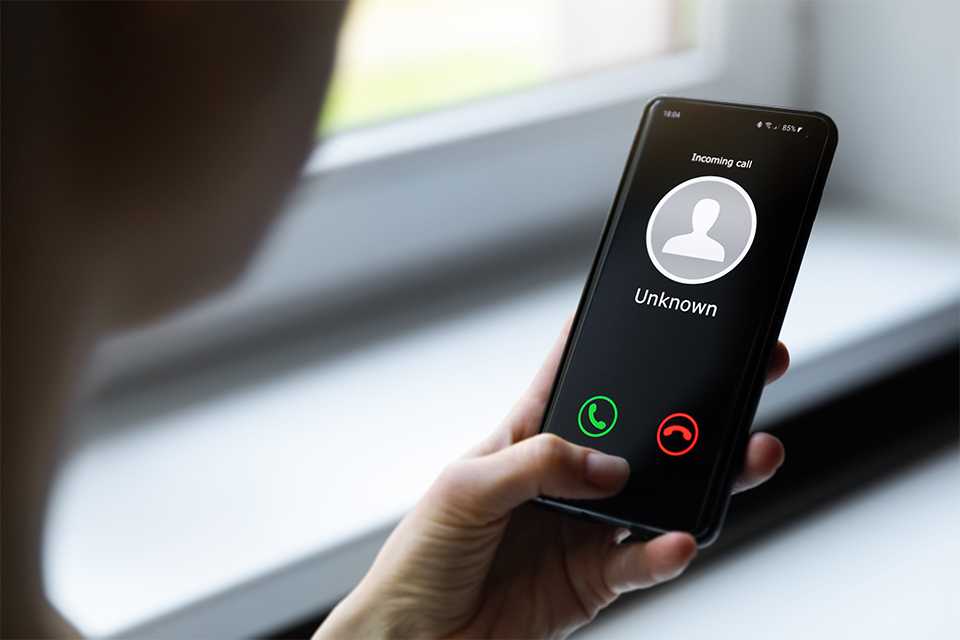






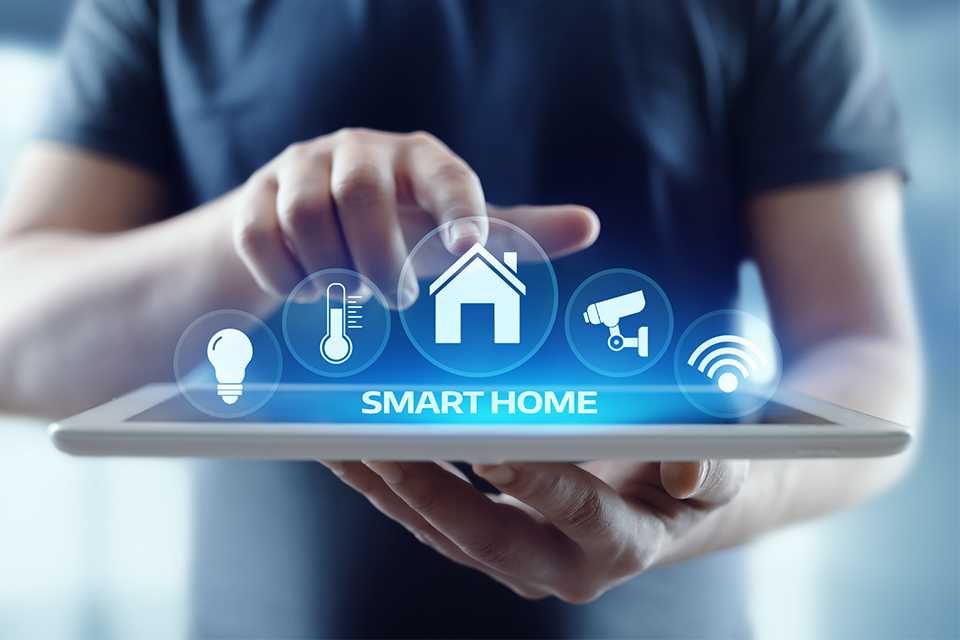

?$sfpoi:$sfcenter}&sm=aspect&aspect=2:1&sfcenter=center&sfpoi=poi&qlt=50&fmt=auto&noiser=0&fmt.jpeg.interlaced=true&fmt.jp2.qlt=40&w=600&)
?$sfpoi:$sfcenter}&sm=aspect&aspect=2:1&sfcenter=center&sfpoi=poi&qlt=50&fmt=auto&noiser=0&fmt.jpeg.interlaced=true&fmt.jp2.qlt=40&w=600&)
?$sfpoi:$sfcenter}&sm=aspect&aspect=2:1&sfcenter=center&sfpoi=poi&qlt=50&fmt=auto&noiser=0&fmt.jpeg.interlaced=true&fmt.jp2.qlt=40&w=600&)
